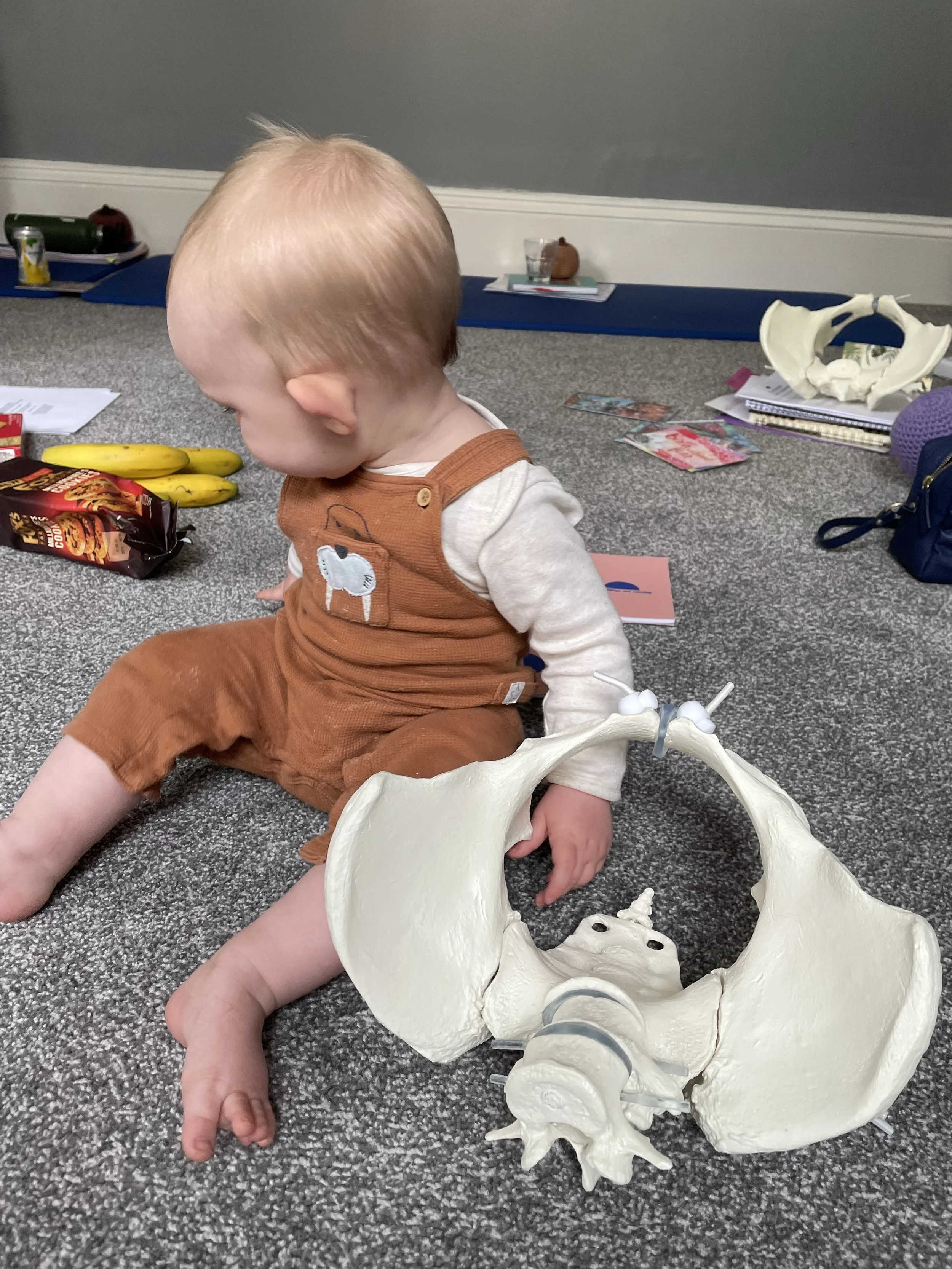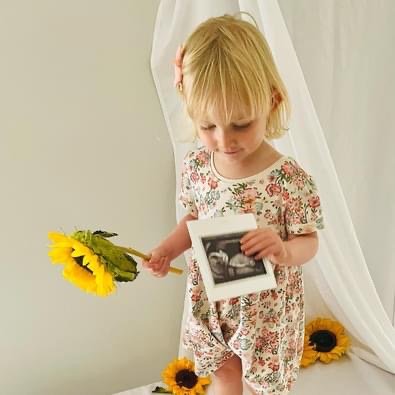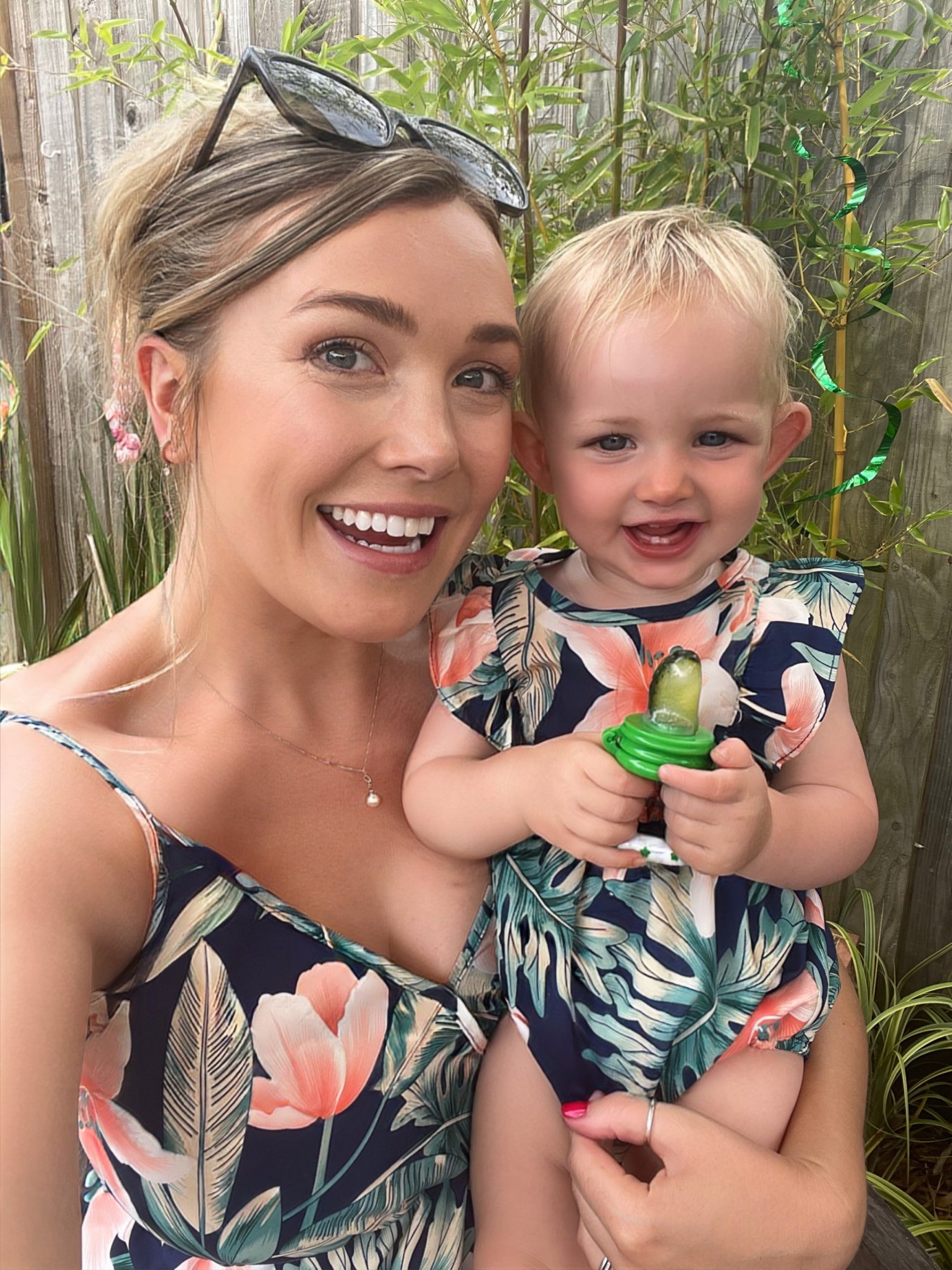Baby Massage & Baby Yoga in Ulverston, Barrow & the South Lakes
Nurturing Baby Massage & Baby Yoga in Ulverston, Barrow & the South Lakes
As a local doula and nurse, I offer warm, supportive classes in baby massage and baby yoga across Ulverston, Barrow-in-Furness, and the wider South Lakes. These gentle sessions help soothe your baby, support their development, and give you space to relax, bond, and connect with other parents. Whether you’re looking to ease colic, encourage better sleep, or simply enjoy special moments with your little one, my small, welcoming groups provide the perfect start to your parenting journey.
Mothers must be willing to make mistakes
Mothers are nurturing and resourceful, having been successfully raising children long before the increase in parenting books or the internet.
They don't require saving. Mothers are the heroes of their own motherhood journey, navigating through the chaos by embracing the beautiful messiness of parenting and engaging actively with their little ones.















